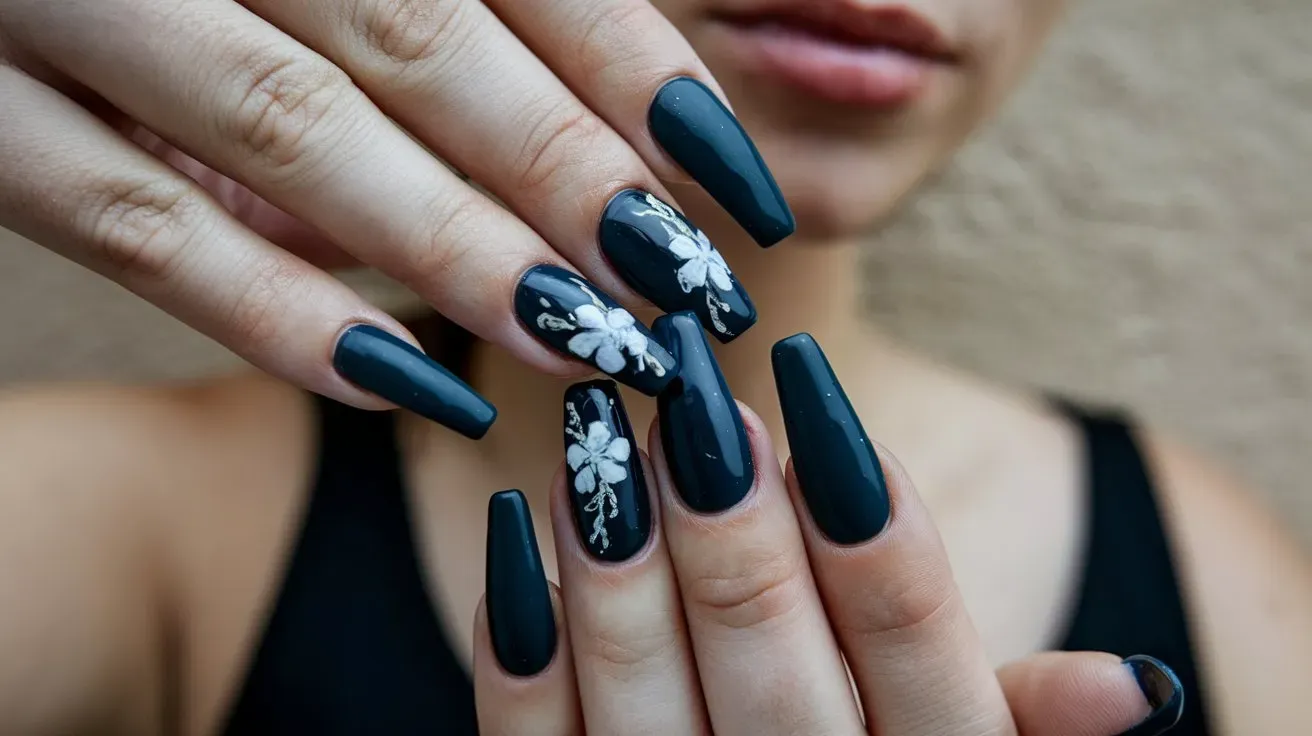Introduction
Biotin, also known as vitamin B7 or vitamin H, is a water-soluble vitamin that plays a crucial role in various metabolic processes in the body. As part of the B-vitamin family, biotin is essential for the metabolism of carbohydrates, fats, and proteins. While it is often celebrated for its benefits to hair, skin, and nails, its functions extend far beyond aesthetics.
This article explores the importance of biotin, its dietary sources, health benefits, and recommendations for supplementation.
What is Biotin?
Biotin serves as a coenzyme that facilitates the conversion of nutrients into energy. It plays a vital role in the synthesis of fatty acids and glucose, making it crucial for energy production. Additionally, biotin is involved in regulating gene expression and contributes to maintaining the health of the nervous system.
Dietary Sources of Biotin
Biotin can be easily incorporated into a balanced diet through various food sources, including:
- Eggs: Particularly the yolk, which is rich in biotin.
- Nuts and Seeds: Almonds, walnuts, and sunflower seeds are excellent sources.
- Legumes: Beans and lentils provide significant amounts of biotin.
- Whole Grains: Oats and wheat germ are beneficial for biotin intake.
- Meat and Fish: Liver, pork, and salmon are particularly high in biotin.
- Dairy Products: Milk, cheese, and yogurt contribute to biotin levels.
Health Benefits of Biotin
1. Supports Healthy Hair
Biotin is often referred to as a miracle vitamin for hair health. It helps strengthen hair follicles, promotes growth, and improves overall hair texture. Many individuals take biotin supplements to prevent hair loss and achieve thicker hair.
2. Enhances Skin Health
Biotin plays a crucial role in maintaining skin hydration and elasticity. It may help reduce the appearance of dry skin and improve overall skin health. Some studies suggest that biotin supplementation may aid in the treatment of skin conditions such as dermatitis.
3. Strengthens Nails
Biotin has been shown to improve nail strength and reduce brittleness. Regular intake of biotin may lead to healthier, stronger nails, making it a popular choice for those seeking to enhance their nail appearance.
4. Boosts Metabolism
As a vital component of metabolic processes, biotin aids in the conversion of food into energy, supporting weight management and overall energy levels.
5. Supports Pregnancy and Breastfeeding
Healthy Eating for the Mother During the Breastfeeding Stage
Adequate biotin levels are essential during pregnancy and breastfeeding, as they support fetal development and maternal health. Pregnant women may require higher amounts of biotin to meet the needs of both mother and baby.
Biotin Deficiency: Causes and Symptoms
Although biotin deficiency is rare, it can occur under specific circumstances, such as prolonged consumption of raw egg whites (which contain avidin, a protein that binds biotin) or in individuals with certain genetic disorders. Symptoms of deficiency may include:
- Hair loss
- Skin rashes
- Brittle nails
- Neurological issues
Supplementation and Recommendations
While biotin can be obtained through a balanced diet, some individuals may benefit from supplementation, especially if they have specific health concerns related to hair, skin, or nails. Biotin supplements are available in various forms, including tablets, capsules, and gummies.
The recommended daily intake of biotin varies by age and gender but generally ranges from 30 to 100 micrograms for adults. It is important to consult a healthcare professional before starting any supplementation, as excessive biotin intake can lead to potential side effects or interactions with medications.
Frequently Asked Questions (FAQs)
1. What is the main function of biotin?
Biotin is essential for the metabolism of carbohydrates, fats, and proteins, facilitating energy production and supporting overall metabolic health.
2. How can I increase my biotin intake?
You can increase your biotin intake by consuming biotin-rich foods such as eggs, nuts, seeds, legumes, whole grains, meat, fish, and dairy products.
3. Are biotin supplements safe to take?
Biotin supplements are generally safe for most people when taken as directed. However, it’s essential to consult with a healthcare provider before starting any new supplement regimen.
4. Can biotin help with hair loss?
Biotin is often associated with promoting hair health and may help prevent hair loss. However, individual results may vary, and it’s important to address underlying health issues with a healthcare professional.
5. Is biotin deficiency common?
Biotin deficiency is rare, as it is easily obtained through diet. However, it can occur in specific situations, such as prolonged raw egg white consumption or certain medical conditions.
Conclusion
Biotin is an essential vitamin that offers numerous health benefits, particularly for hair, skin, and nails. Incorporating biotin-rich foods into your diet or considering supplementation can support overall well-being. However, maintaining a balanced diet and consulting a healthcare provider for personalized advice on supplementation is crucial. With its vital role in metabolism and health, biotin is a key nutrient worth including in your wellness routine.


